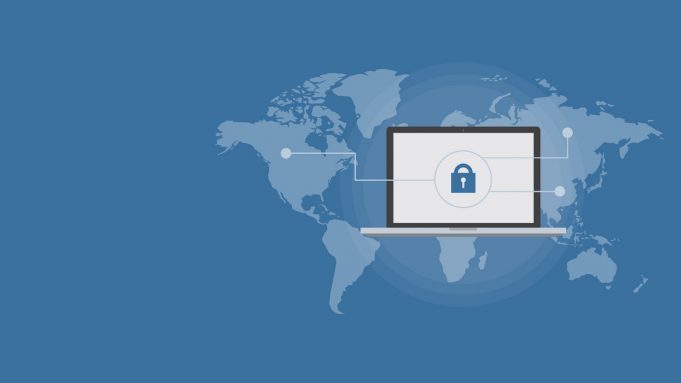You might have always thought that the Internet is a place where you can share, upload, or view content, no matter what country you come from. We have come to believe that there are no boundaries when it comes to the digital world. However, this is not really true. People often find that when they are from a specific country, like the United States, China, or the United Kingdom, you will be able to watch a lot of things. But, if you move or visit another country, you will have to give up all the unlimited access and choose content from smaller libraries that are available in the country you are in.
So how do these sites know our locations and what can we do to overcome these restrictions? Here are some things you should know:
What is Geoblocking?

Did you ever get the message “the uploader has not made this video available in your country.”? It is mostly because companies use something called geoblocking in order to prevent people in one or more specific countries to access the content of another country. It is a technique that companies use to show you specific content based on your geographic location. For example, the BBC company is a public service and the British government runs it. It is funded by the taxpayers in Britain and is available to all UK residents. When you try to access their service outside Britain, you will get a short message that simply says that you cannot view the content in your country. The same will happen with other sites as well, like Hulu or Netflix. You can click here if you want to learn what the best VPN for Hulu is.
How does Geoblocking work?
Every computer that is connected to the Internet has a specific numerical identifier in the “xxx.xxx.xxx.xxx” format. This is often referred to as the Internet protocol address, or simply the IP address. Every time that you make a request for a website, the number will be sent with your request, so the server will know where it will have to send the content back. Basically, it will reflect the geographical location of a computer and this is how the websites can learn what your location is.

How to bypass a Geoblock?
People from all over the world have found a way to conceal their IP addresses so that they cannot be denied content. Proxy servers are also a good way to bypass geoblocks since these servers act as an intermediary and they pass on the request as theirs. In this way, the servers that you are requesting content from will only see the IP address of the proxy server, not your own IP. You could also try using Virtual Public Networks or to put it simply VPNs. This is a private network that will encrypt the requests you make and put them through private networks, so your IP address will not be visible to anyone.
Besides the options listed above, you can also try other services like Hola that will allow you to access BBC or other websites through a peer-to-peer network. But, you should keep in mind that it comes with some disadvantages like security problems and reliability. So, your best choice is to use any of the VPN services in order to gain access to the site you want.

Conclusion
Although you might think that it is not fair not to have access to particular websites, there are ways you can bypass it and access the sites without any problems.









